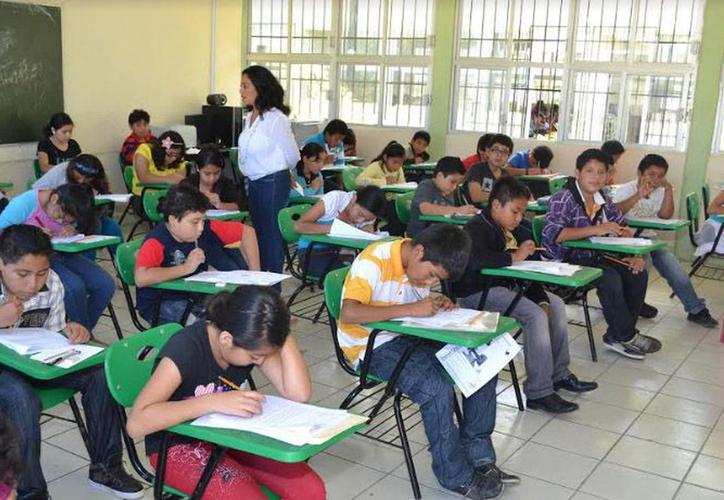RIO DE JANEIRO, BRAZIL – According to the World Bank, children who have returned to school in Latin America after the closures imposed by the pandemic have fallen behind by between one and 1.8 years.
Together with Unicef, Unesco, and the Latin American Dialogue, sounded the alarm on Thursday, June 2.
The presidents of Chile, Gabriel Boric; of Honduras, Xiomara Castro; of Argentina, Alberto Fernández; and of Ecuador, Guillermo Lasso, joined the initiative promoted by the four organizations.

The education crisis in the region “is unprecedented,” and “if we do not act now” a whole generation “will be less productive in the future and will have fewer opportunities for progress,” said Carlos Felipe Jaramillo, World Bank vice-president for Latin America and the Caribbean during this virtual forum for educational recovery.
“According to our estimates, today’s students could see their lifetime earnings decline by 12%,” he added.
Latin America and the Caribbean have experienced one of the most extended school closures in the world, and there are still students who have not returned to the classroom.
Before the pandemic, the region was already suffering from an education crisis, and only one-third of students had the minimum competencies by the end of primary school. In addition, some 10.5 million were out of school.
It worsened with the pandemic, especially among those children with difficulties in accessing remote education.
“I met kids who had already forgotten a multiplication table knowing that they are at the age of 14 to 18,” commented Karen Farfán, an Ecuadorian teacher, in a video broadcast during the forum.
“A whole generation lost many learning hours,” so “we are in emergency mode,” said Italo Dutra, Unicef’s regional education advisor.
The forum calls on governments to give urgency to educational recovery and ensure that all students return to the classroom.
In a recorded message, the Chilean president advocated “not to continue with the logic of standardized tests (…) on the knowledge that at the end of the day are of no use to children.” “What we want today is that we return to coexist, that we return to meet, and take charge of the tremendous educational gap,” he said.
The Honduran president estimated that “the application of neoliberal policies has diminished the right to education”.
Alberto Fernández emphasized that the wealthiest societies do not have oil, gas, or gold but “have been able to develop knowledge” for the future.
The Ecuadorian president called on “all actors of civil society and the public sector at the national and international level” to “work together for education”.
With information from AFP

